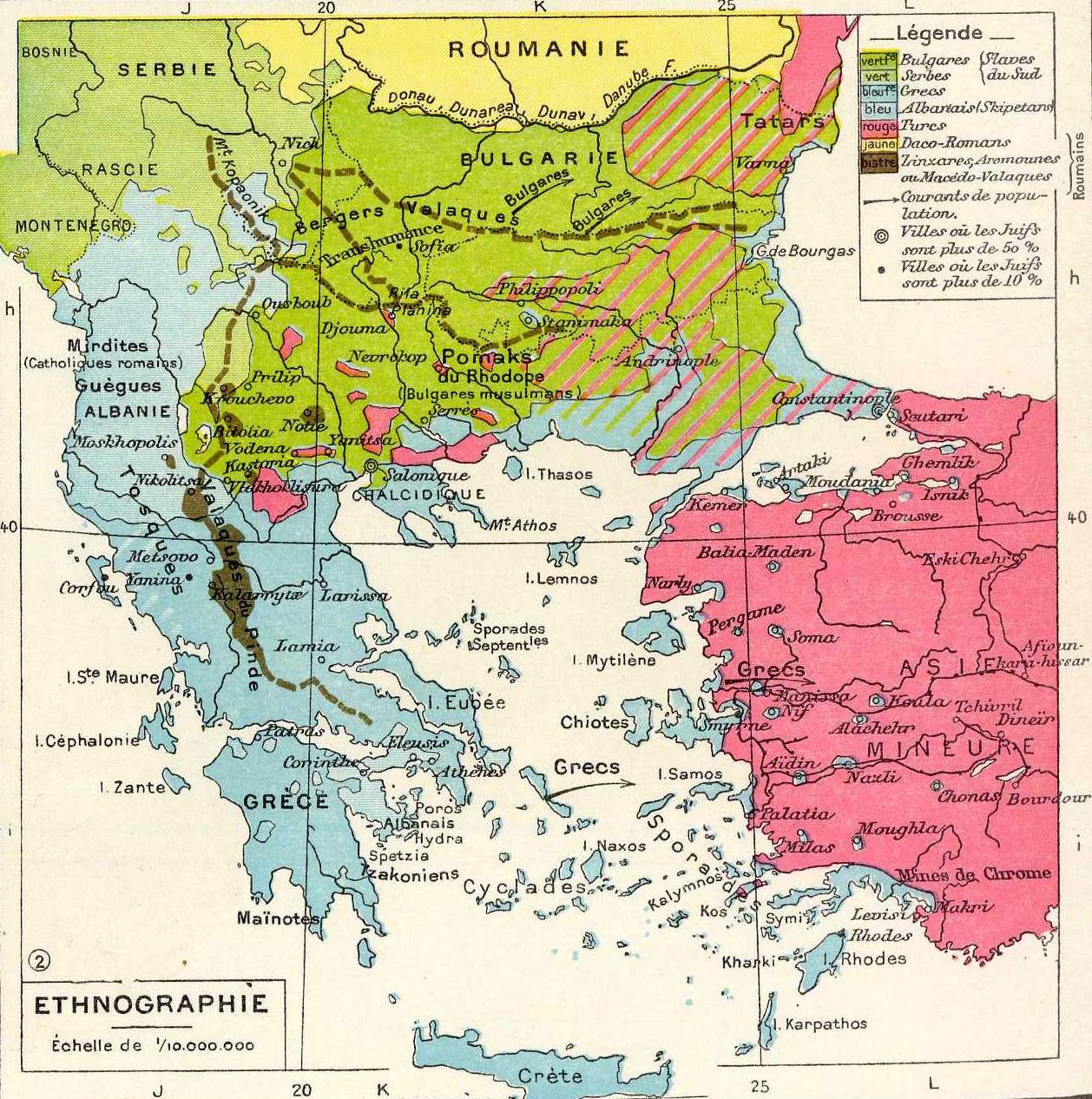illyrian_eagle
Spitzen-Poster
Bei den Jugoslawen ist es anders!
Definitiv nicht. Die selbe Ideologie....
Beide seiten definieren sich in erster Linie durch die Religion.
Was bei den Albanern anders ist. Da fängt es schon an...
und es war auch nicht in osmanischer Zeit so wie du es sagst!
Es war so. Ein Orthodoxe aus bauern verhältnissen bezeichnet sich als Grieche obwohl er albanisch sprach. Dieses ist überall dokumentiert.
Du must nur nach diesen Beweisen verlangen.
Woher hast du diesen Scheiss..? Das kam erst später
Bücher`??!!
und die orthodoxe Kirche ist kein Gift
Definitiv ist sie gift. Noch nie gläubische Menschen gesehen die Leute so gegeneinander Hetzen wie diese Religion. Als vertretter Gottes hat man die Aufgabe Menschen zusammen zu bringen und nicht das was die Orthodoxe Kirche seit gut 200 jahren macht. Mehrere Genozide gehen auf ihre Kappe. So hart es sich anhört, aber diese Kirche würde ich in Albanien verbieten.
und komm mir bitte nicht mit dem lächerlichen Satz ohne den Osmanen und dem Islamwären wir Serben oder Grieche hahahhahaa...lol
Habe ich auch nicht gesagt. Nur der Osmane hat auch keinen ALbaner dazu gezwungen Moslem zu werden. Die meisten Albaner haben dieses angenommen wegen dem Status und sich, weil die Religion das wichtigste war, von den anderen(hellen+slawe) zu distanzieren.
das kommt nur von euch Moslems...
In erster Linie sind es die Moslems gewesen, die sich als Albaner hinstellten und nein zu den griechischen sowie serbischen Staat sagten. Nicht desto trotz kann man die Moslems im albanischen Raum nicht als solche bezeichnen.
Ich und du wissen genau das wir diese Religion ganz anders interpretieren, als die Moslems aus Arabien, Türkei usw.
Und es ist kein Geheimnis, das Bolano sowie die Orthodoxe Kriche von Griechenland geld bekommt.
aber das ist dummheit..weil du orthodoxe hasst musst du nicht sachen sagen die gar
Ich hasse keine Orthodoxen. Die Wahrheit muss man auch vertragen können und nicht immer gleich einem Hass vorwerfen.
nicht stimmen !




